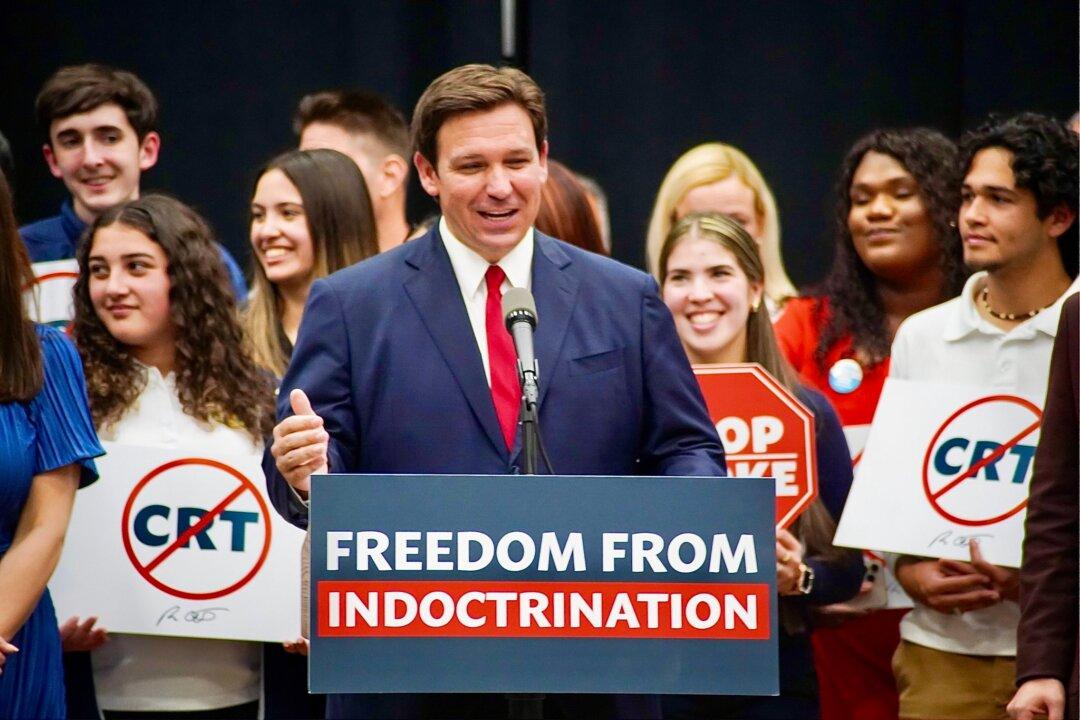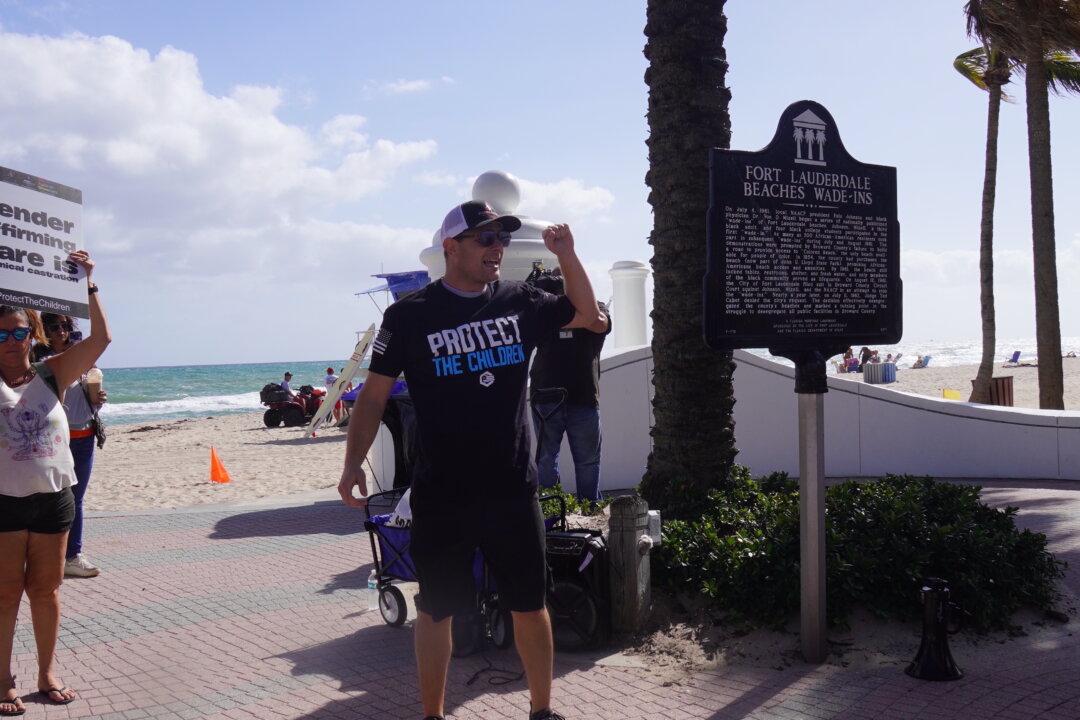PUNTA GORDA, Fla.—Florida Chief U.S. District Judge Mark Walker ruled on June 27 that the state can enforce the “Stop Woke Act”—but did not rule on its constitutionality, nor a piece affecting colleges and universities.
The judge, who was appointed by President Barack Obama in 2012 and became chief justice in 2018, ruled that HB 7—or what Gov. Ron DeSantis branded as the “Stop Woke Act”—can move forward and regulate how race can be taught in the classroom and the workplace.
The new law is part of DeSantis’ education agenda that targets ties to Critical Race Theory (CRT) in the state school system as well as corporate training at companies surrounding “white privilege.”
The governor’s press secretary Christina Pushaw said DeSantis is not “planning to comment on the ruling,” but she said, “generally ... we are confident that this law will ultimately survive all legal challenges and protect Floridians from the harmful effects of discriminatory woke ideology.”
In past press conferences DeSantis has said he did not want children to be taught now to “hate one another.”




